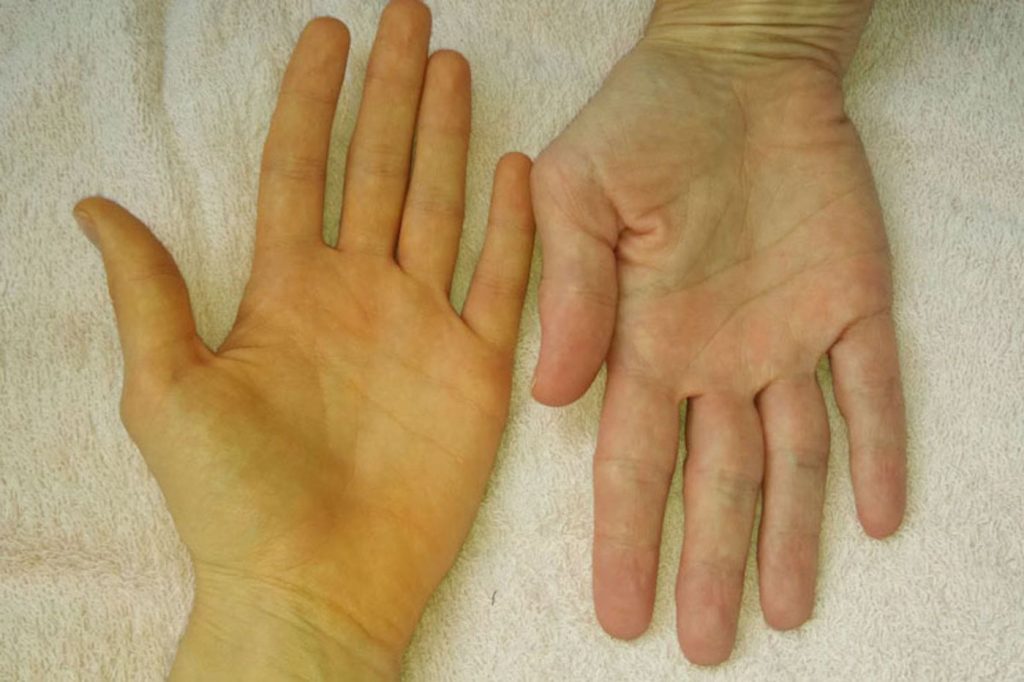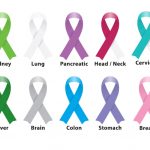Colon / Rectal Cancer
The fourth most commonly diagnosed Cancer in the United States is colorectal cancer. Luckily, programs to promote colonoscopies and fecal occult blood tests in older adults have lead to a decreased in cases, and in turn less deaths. Colonoscopies allow for doctors to find and remove polyps that form on the inner wall of the colon or rectum before they become cancerous. There are many different symptoms associated with coloral or rectal cancer. They include: bleeding of the rectal and/or bloody stool, chronic abdominal pain/discomfort, a change in your bowel movements (such as diarrhea, constipation, or a change in shape/consistency) that occurs for at least one month, and unexplained weightloss/weakness/fatigue.

Unfortunately, symptoms are not always present in individuals with this type of cancer. There are a variety of factors that influence the occurrence of symptoms that depend on the size of the cancerous cells, and where it is located within the large intestine (where the cancer begins to develop and is made up of the colon and the rectum). The majority of colorectal cancers are known as adenocarcinomas, which means that they develop in the cells that produce and release mucous in addition to other fluids.
More from Things Health
-
10 Common Symptoms of Early Stage Cancer
Due to technological advances over the past 50 years, huge progress has been made when it comes to the fight against cancer. However, there is…
-
Signs and Symptoms of Liver Damage
There are a variety of different causes of liver damage. For some, it is caused by genetics, making an individual prone to it, exposure to…
-
Warning Signs and Symptoms of Non-Melanoma Skin Cancer
Non-melanoma skin cancer is a type of cancer that starts in the cells on the skin, the body’s largest organ. There are two type of…
-
Types Of Skin Cancer
Skin cancer happens when skin cells are damaged, for instance, by overexposure to ultraviolet rays from the sun. Melanoma - the most dangerous type of…
-
Warning Signs of Lung Cancer
Every year about 1.3 million people die from lung cancer. Luckily, however, lung cancer is not always fatal and many people do live long, healthy…






